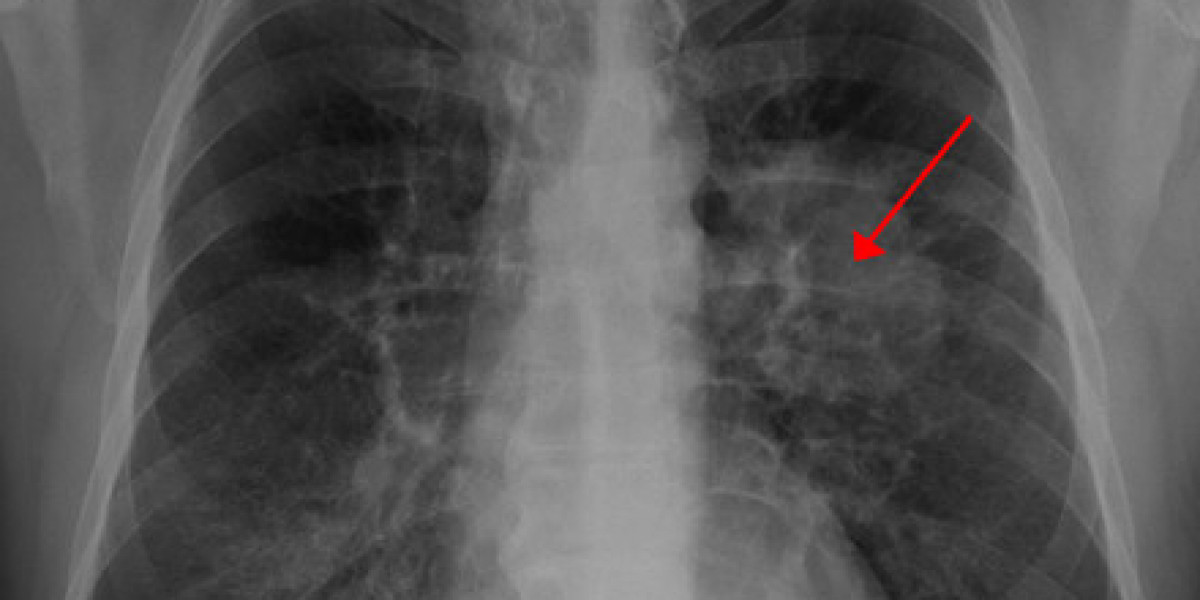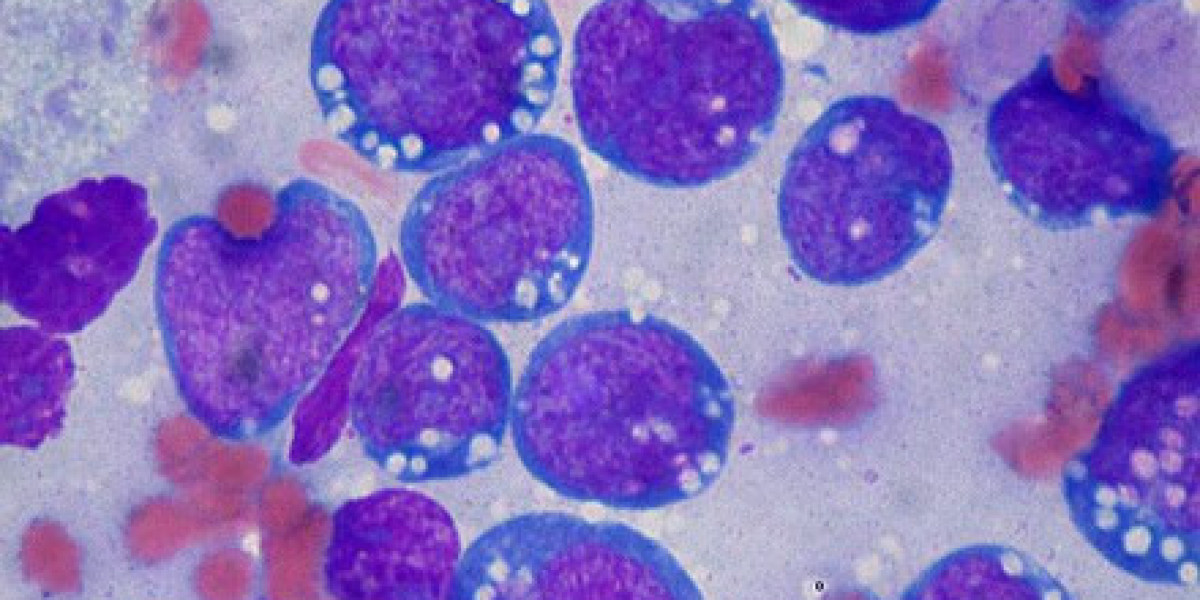Overview of Bronchial Tumors
Bronchial tumors are abnormal growths that develop in the bronchial tubes, which are the airways that connect the trachea (windpipe) to the lungs. These tumors can be benign (non-cancerous) or malignant (cancerous).
**Types of Bronchial Tumors**
1. **Benign Bronchial Tumors**
* Adenomas: These are the most common type of benign bronchial tumor. They arise from the glandular tissue in the bronchial walls.
* Chondromas: These tumors are composed of cartilage and are usually found in the larger bronchial tubes.
* Fibromas: These tumors are made up of fibrous tissue and can occur in any part of the bronchial tree.
* Hemangiomas: These tumors are composed of blood vessels and are usually found in the smaller bronchial tubes.
2. **Malignant Bronchial Tumors**
* Bronchogenic carcinoma: This is the most common type of lung cancer, accounting for about 90% of all lung cancer cases. It arises from the epithelial cells lining the bronchial tubes.
* Adenocarcinoma: This is a type of bronchogenic carcinoma that arises from the glandular tissue in the bronchial walls.
* Squamous cell carcinoma: This type of tumor arises from the squamous cells lining the bronchial tubes.
* Small cell carcinoma: This is a highly aggressive type of lung cancer that arises from the neuroendocrine cells in the bronchial walls.
**Causes and Risk Factors**
1. **Smoking**: Tobacco smoking is the leading cause of bronchial tumors, especially malignant ones.
2. **Exposure to carcinogens**: Exposure to carcinogens such as asbestos, radon, and certain chemicals can increase the risk of developing bronchial tumors.
3. **Family history**: A family history of lung cancer or other cancers can increase the risk of developing bronchial tumors.
4. **Genetic predisposition**: Certain genetic mutations, such as those that affect the BRCA1 and BRCA2 genes, can increase the risk of developing bronchial tumors.
**Symptoms**
1. **Coughing**: A persistent cough is one of the most common symptoms of bronchial tumors.
2. **Chest pain**: Chest pain or discomfort can occur, especially if the tumor is pressing on surrounding tissues.
3. **Shortness of breath**: As the tumor grows, it can block the airway, leading to shortness of breath.
4. **Coughing up blood**: In some cases, bronchial tumors can cause coughing up blood or rust-colored sputum.
**Diagnosis**
1. **Chest X-ray**: A chest X-ray is usually the first imaging test done to diagnose bronchial tumors.
2. **Computed Tomography (CT) scan**: A CT scan can provide more detailed images of the lungs and airways.
3. **Bronchoscopy**: A bronchoscope is a flexible tube with a camera and light on the end that is inserted through the mouth or nose to visualize the airways.
4. **Biopsy**: A biopsy is a procedure in which a sample of tissue is removed from the tumor and examined under a microscope.
**Treatment**
1. **Surgery**: Surgery is usually the treatment of choice for benign bronchial tumors and early-stage malignant tumors.
2. **Chemotherapy**: Chemotherapy is used to treat malignant bronchial tumors, especially if they have spread to other parts of the body.
3. **Radiation therapy**: Radiation therapy is used to treat malignant bronchial tumors that are inoperable or have spread to other parts of the body.
4. **Targeted therapy**: Targeted therapy is a type of treatment that targets specific molecules involved in the growth and spread of cancer cells.
**Prognosis**
The prognosis for bronchial tumors depends on the type, size, and stage of the tumor, as well as the overall health of the patient. In general, the prognosis is better for benign tumors and early-stage malignant tumors.



